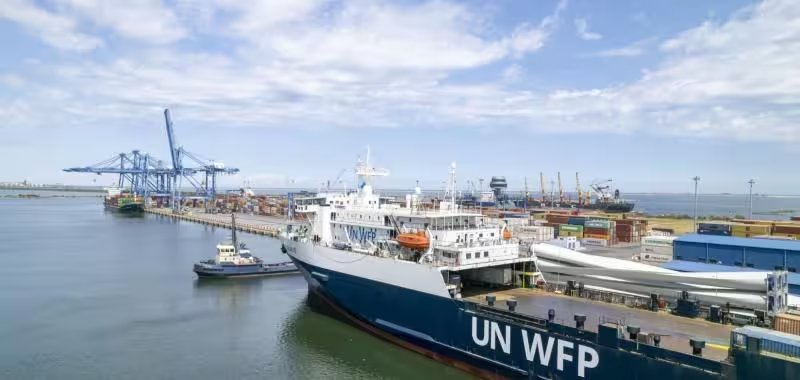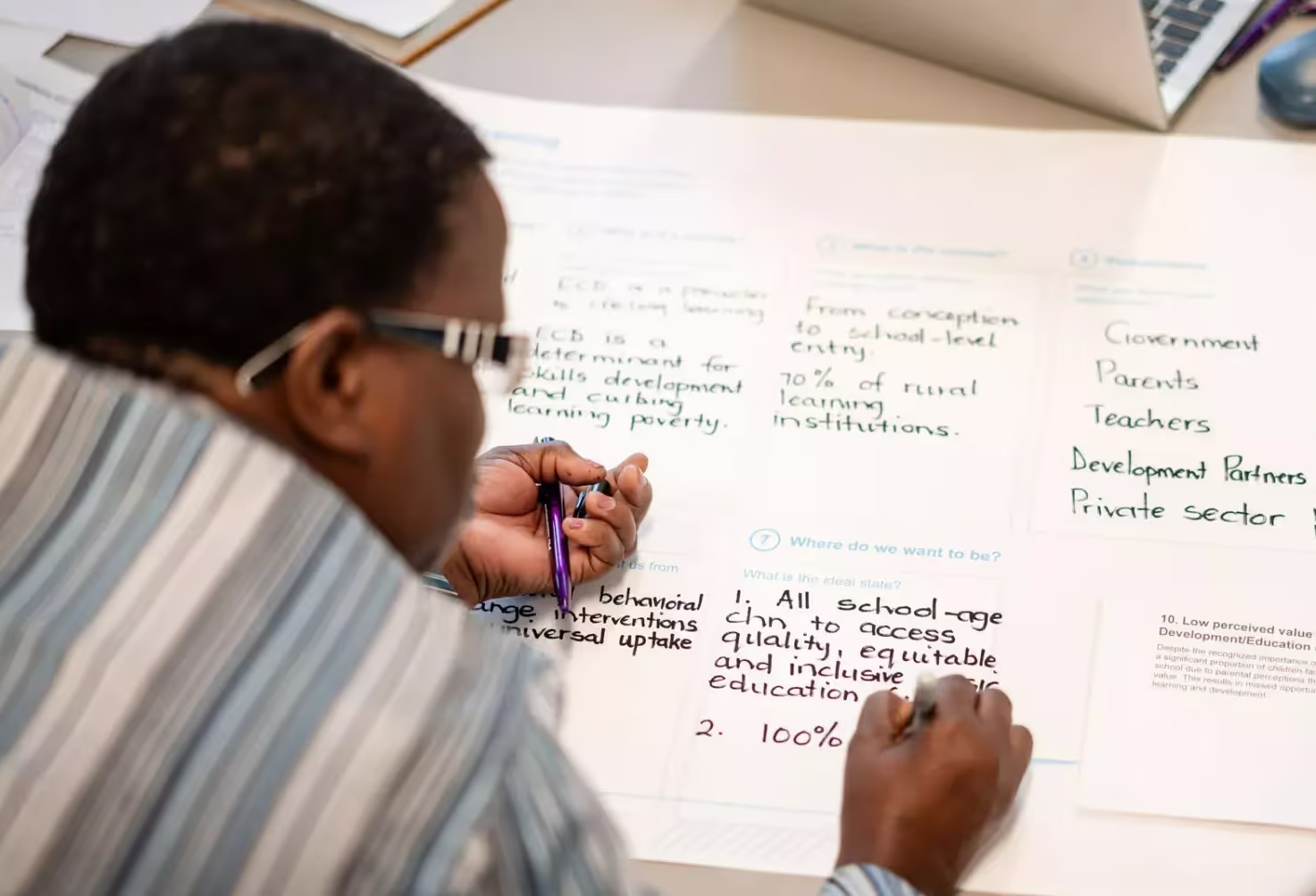Blockchain for Distributed Renewable Energy

UNDP Lebanon has explored blockchain-based solutions for the renewable energy sector in Lebanon. This study has first identified these real-world applications and development of commercial-size blockchain-based energy business models through desk researches, interviews and the collection of working use-cases from the fast-evolving blockchain space. Taking into consideration the specific context of Lebanon, the study has identified suitable blockchain-enable solutions for the uptake of renewable energy in relatively short-term as well as the set of recommendations for deployment. Furthermore, in collaboration with FlexiDAO, one of the leading blockchain players in the energy space, tracking more than 3TWh of renewable energy per year, CEDRO Project has initiated the pilot project to examine the first unbundled and voluntary market for renewable energy certificates (REC) for Lebanon by leveraging blockchain technology. FlexiDAO have showcased its software RESpring for four implemented solar PV pilot plants in Lebanon. The objective of this partnership is to showcase the technical feasibility and market interest of establishing this certificate marketplace in order to support the energy transition in Lebanon.


.avif)

